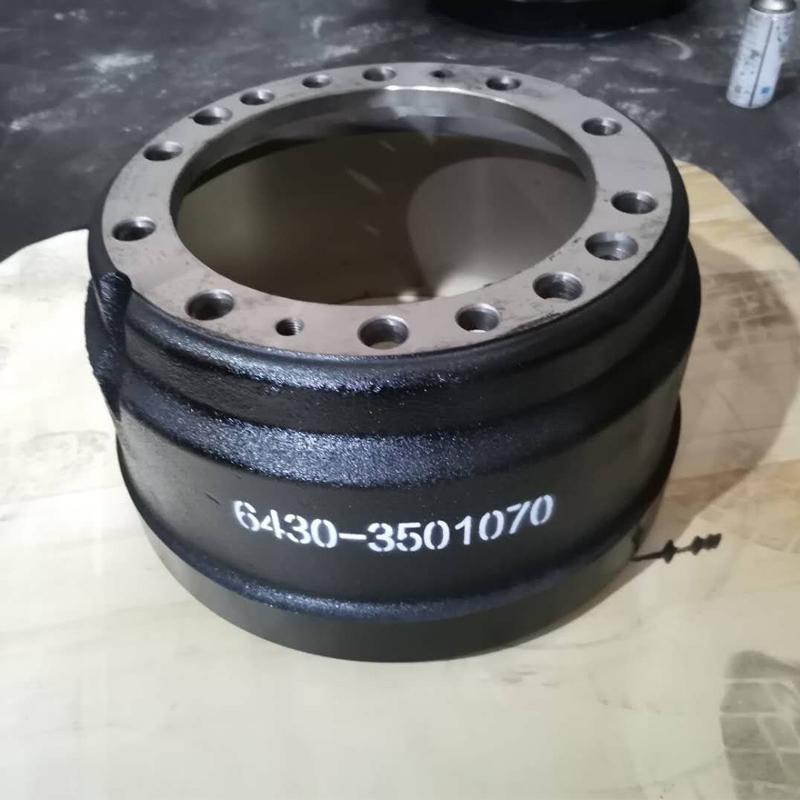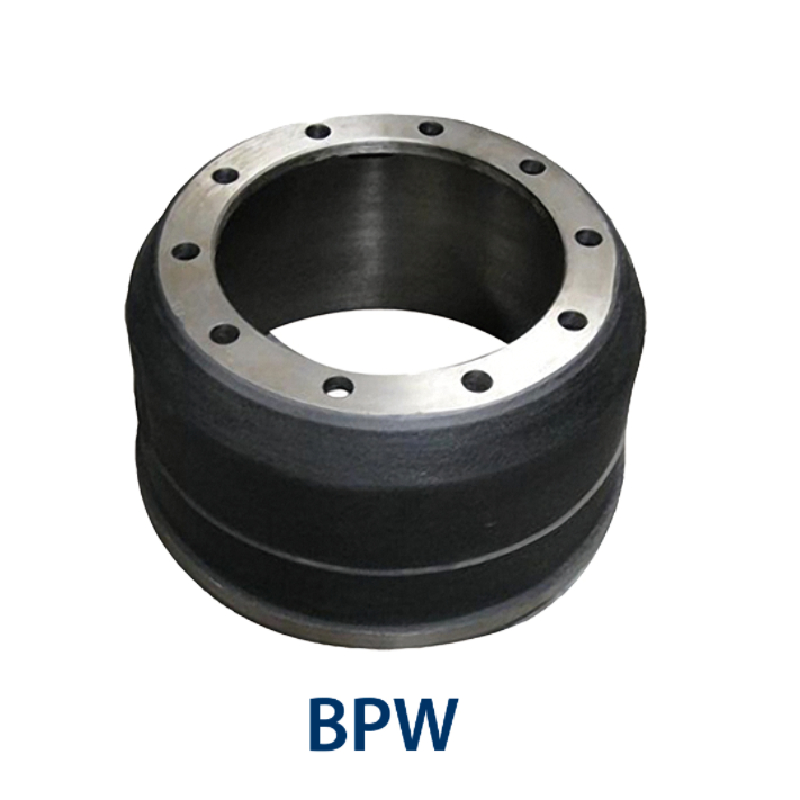2 月 . 10, 2025 10:15 Back to list
Webb Drums
Experiencing an unusual sound from your vehicle's brake drum can be a surprising and, often, concerning event for any driver. Let's dive into understanding this phenomenon, from the actual causes to the available solutions, all backed by seasoned expertise and reliable knowledge.
From an expert standpoint, addressing these issues swiftly can significantly extend the lifespan of your brake components. Comparative studies and field tests demonstrate that immediate intervention not only improves safety but can also lead to cost savings by preventing more extensive repairs. For instance, ensuring the regular lubrication of brake parts and paying attention to each unique sound signature, whether it’s metallic, rhythmic, or an unexpected noise, can preempt more serious mechanical failures. Moreover, adopting an authoritative approach, educating yourself on the specific brake system installed in your vehicle can empower you to communicate effectively with your automotive technician, ensuring that the service performed aligns precisely with your vehicle’s needs. Manufacturers often provide detailed guidelines on brake maintenance and the typical lifespan of drum and shoe components, which can be valuable tools for any informed car owner. Trustworthiness in this context hinges on the understanding and application of preventive measures to safeguard your braking system. Consistently sourcing high-quality spare parts, employing qualified service professionals, and keeping accurate service records exemplify a commitment to maintaining not only your vehicle's drum brakes but also your overall driving safety. In closing, the nuances of brake drum sounds are not to be ignored. They serve a dual purpose signaling potential issues and offering a chance for timely intervention. By prioritizing quality maintenance supported by expert advice, drivers can maintain confidence in their vehicles, ensuring both safety and functionality on every journey.


From an expert standpoint, addressing these issues swiftly can significantly extend the lifespan of your brake components. Comparative studies and field tests demonstrate that immediate intervention not only improves safety but can also lead to cost savings by preventing more extensive repairs. For instance, ensuring the regular lubrication of brake parts and paying attention to each unique sound signature, whether it’s metallic, rhythmic, or an unexpected noise, can preempt more serious mechanical failures. Moreover, adopting an authoritative approach, educating yourself on the specific brake system installed in your vehicle can empower you to communicate effectively with your automotive technician, ensuring that the service performed aligns precisely with your vehicle’s needs. Manufacturers often provide detailed guidelines on brake maintenance and the typical lifespan of drum and shoe components, which can be valuable tools for any informed car owner. Trustworthiness in this context hinges on the understanding and application of preventive measures to safeguard your braking system. Consistently sourcing high-quality spare parts, employing qualified service professionals, and keeping accurate service records exemplify a commitment to maintaining not only your vehicle's drum brakes but also your overall driving safety. In closing, the nuances of brake drum sounds are not to be ignored. They serve a dual purpose signaling potential issues and offering a chance for timely intervention. By prioritizing quality maintenance supported by expert advice, drivers can maintain confidence in their vehicles, ensuring both safety and functionality on every journey.
Next:
Latest news
-
Brake Drum for Kamaz Trucks Durable OEM Replacement & High Performance
NewsMay.30,2025
-
Brake Drum Man High-Quality Drum Brake & Shoe Solutions
NewsMay.30,2025
-
High-Performance Brake Drum for Kamaz Trucks Durable Drum Brake Components
NewsMay.29,2025
-
Brake Drum Man High-Quality Drum Brake Drums & Brake Shoes
NewsMay.29,2025
-
Brake Drum MAZ High-Performance & Durable Replacement Parts
NewsMay.29,2025
-
heavy truck brake drums
NewsMar.07,2025
